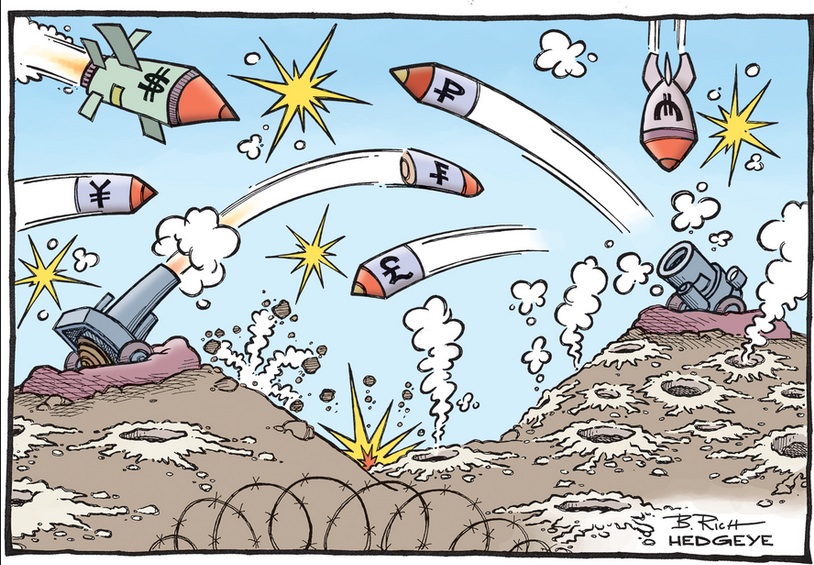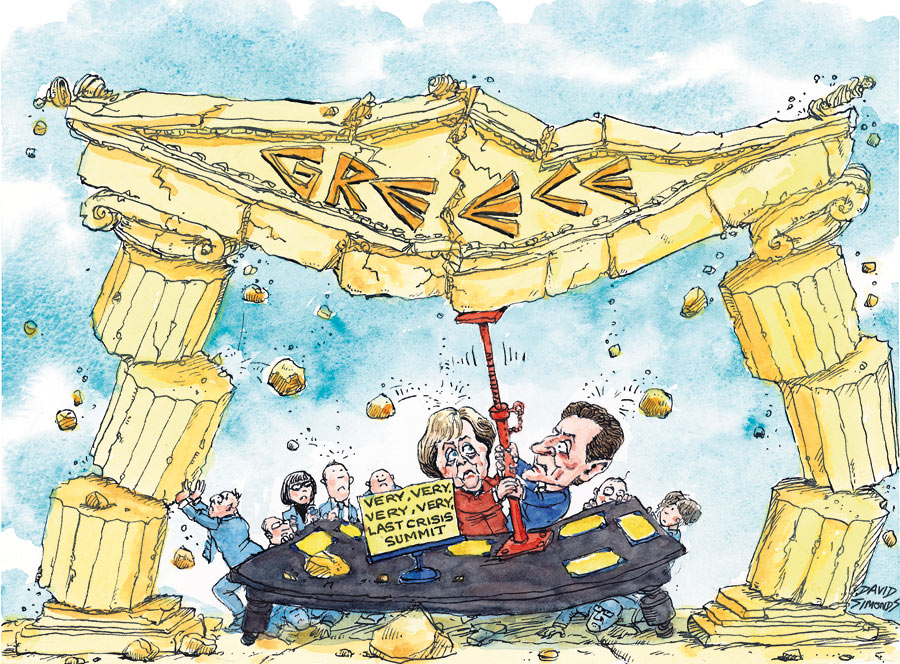Scientists have discovered salty groundwater underneath the dry valleys of Antarctica that is buzzing with microbial life. As the valleys are geologically similar to what Mars was like in the past, the discovery could help us understand what life on the red planet could have looked like. It could also help us search for life elsewhere in the solar system, such as on the icy moons surrounding Jupiter and Saturn.

The dry valleys west of McMurdo Sound are some of the most geologically intriguing regions of Antarctica. While we know a lot about their geology and surface hydrology, we have little understanding about what is happening beneath the glaciers and lakes. A new study has revealed that a large, inter-connected series of flowing ground-water streams lurks underneath the glaciers, lakes and permafrost.
Moreover, this ground-water system is home to a variety of microbial life feeding off the rich mineralogy of the environment. This could be micro-organisms that produce energy by chemical reactions involving iron and sulphur, for instance sulphur-reducing bacteria.
The groundwater is very salty, containing a number of chemicals dissolved from sediments which were once many metres below sea level. The levels of salt, sodium chloride, are indeed very similar to ocean water. The salty water also explains the distinct red colour of the wonderfully named, Blood Falls, which lies at the foot of the Taylor Glacier to west of the valleys, where it mixes with iron and oxygen.

The creepy, iron-rich Blood Falls
The discovery was made by shining a sensor on the ground, which measures the electromagnetic resistance of the material beneath. This allowed the team to distinguish between salt-containing sediments and frozen, ice-bound layers. Strikingly, they discovered that the salty ground-water system extends throughout large parts of the valleys, extending from the coast to at least 7.5 miles inland in the valleys.
The authors make the connection between the microbial habitat and similar geological environments that may have existed once on Mars.
Liquid water is essential for life and it is therefore a major driver for astrobiology. It can be found in many different types of geological environment, locked within microscopic cavities of minerals or encased in ice. Surprisingly, life can actually exist in such extreme environments, within certain limits. Moreover, metals – such as the iron and magnesium that were found in this study – are also crucial to driving the chemical processes of living, as they are found at the heart of many key enzymes.
While it is not a “smoking gun” for the existence of life elsewhere in the universe, the present study reminds us what we should be looking for.

It is possible that liquid, salty water underneath the vast ice sheets of other solar system bodies such as Saturn’s moons Enceladus and Mimas; Jupiter’s moon Ganymede or even Neptune’s moon Triton could hold similar microbial life. Underneath thick layers of ice, such water would be protected from potentially damaging cosmic rays, harmful radiation, meaning life there would be relatively safe.
Identified as part of Scott’s Discovery science mission of 1901-4, the McMurdo Dry Valleys were explored in greater detail during Scott’s second, fateful, Terra Nova expedition of 1910-13. Little did they know back then that their discoveries had the potential to one day inform missions to space.









